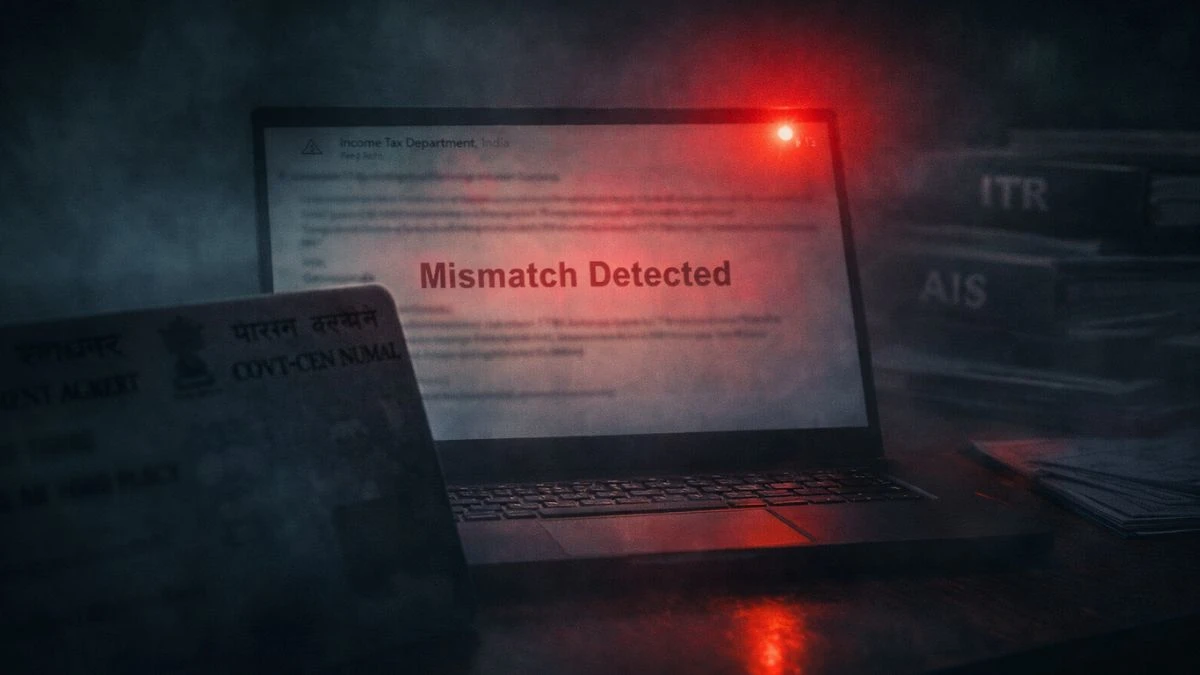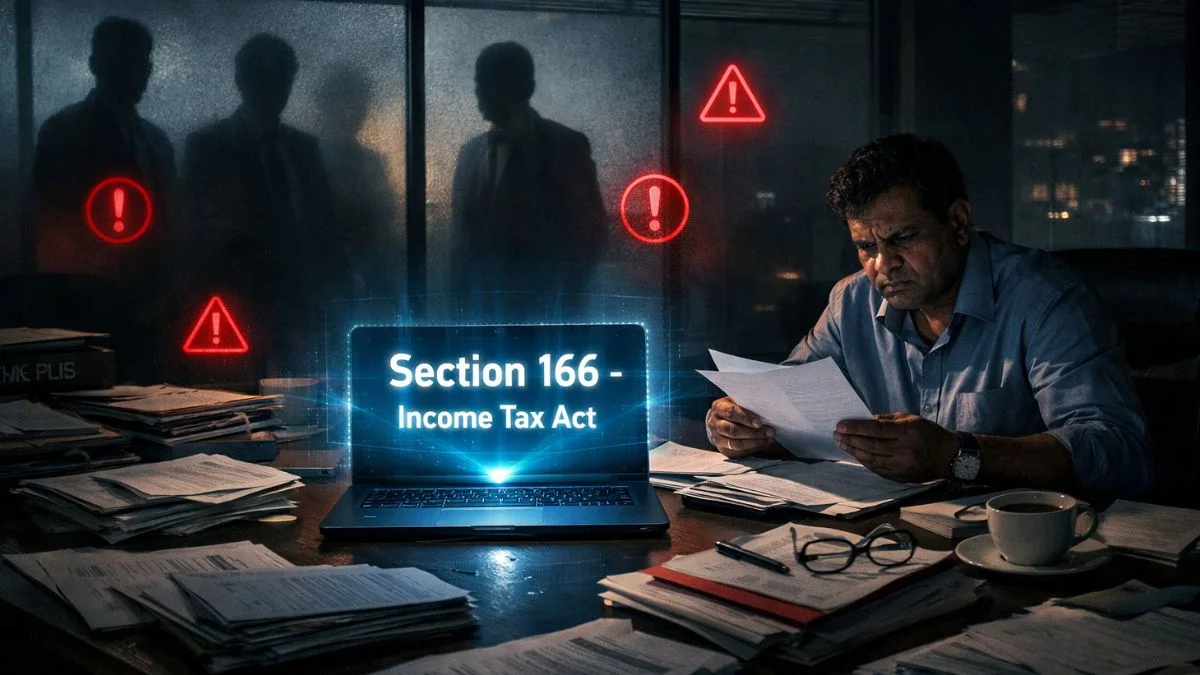
What Happens If You Don’t File ITR for 5 Years?
Updated for Indian Taxpayers – FY 2024–25 & AY 2025–26
Not filing your Income Tax Return (ITR) for a year is risky.
But skipping it for five consecutive years?
That’s not just risky—it can have long-term financial, legal, and compliance consequences.
If you’ve missed filing ITRs for multiple years, here’s what you need to know about the penalties, risks, and possible remedies.
________________________________________
🧾 Is Filing ITR Mandatory for Everyone?
Filing ITR is mandatory if your total income (before deductions) exceeds:
• ₹2.5 lakh (individuals below 60)
• ₹3 lakh (aged 60–80)
• ₹5 lakh (aged 80+)
It’s also compulsory if:
• You’ve deposited over ₹1 crore in a bank account
• Spent over ₹2 lakh on foreign travel
• Paid more than ₹1 lakh in electricity bills
• Own assets abroad or are a signing authority in a foreign account
If you fall under any of the above and haven't filed ITRs for 5 years, here’s what can happen:
________________________________________
🔴 Consequences of Not Filing ITR for 5 Years
1. Hefty Penalties and Late Fees
Under Section 234F, you may be liable for:
• ₹5,000 penalty per year
• ₹1,000 if income < ₹5 lakh
Over 5 years, that’s a penalty of up to ₹25,000.
________________________________________
2. Prosecution and Imprisonment
If the Income Tax Department finds that you willfully avoided filing ITR and the tax payable exceeds ₹10,000, they can initiate prosecution.
🔹 Jail term: 3 months to 7 years under Section 276CC
________________________________________
3. Higher TDS Deductions (Section 206AB)
If you haven’t filed ITR for the last 2 years, you will be marked as a “specified person” under Section 206AB, and:
• TDS will be deducted at twice the normal rate or 5%, whichever is higher
• This applies to FD interest, contractor payments, dividends, etc.
________________________________________
4. No Refunds or Credit for TDS
If tax has already been deducted (TDS), but you haven’t filed your return, you cannot:
• Claim your refund
• Adjust the TDS in future years
It’s as good as money lost.
________________________________________
5. Loss of Carry Forward of Losses
If you’ve incurred capital losses, business losses, or other deductible losses, you can’t carry them forward to future years unless you file your ITR on time.
Over 5 years, this can lead to significant tax inefficiency.
________________________________________
6. Difficulty in Getting Loans or Visas
Banks, NBFCs, and even foreign embassies demand ITR proof for the last 2–3 years:
• Home loans
• Education loans
• Visa for countries like the US, UK, Canada, etc.
No ITR = Loan rejection or visa delay
________________________________________
7. Income Escaping Assessment Notices (Section 148)
The IT Department can reopen your case for past non-filing and send a notice under Section 148 if they suspect unreported income.
This can lead to:
• Tax reassessment
• Penalties
• Legal trouble
________________________________________
🛠️ Is There a Way to Fix It?
Yes—but only if you have a valid reason.
You can apply under Section 119(2)(b) for condonation of delay to:
• File past returns (if refunds are due)
• Regularize your tax records
This is allowed only in exceptional situations, and you must submit proper documentation.
________________________________________
✅ What You Should Do Now
• Start with the most recent year (FY 2024–25) and file that ITR first
• Consult a tax expert or CA to assess your situation
• Respond immediately if you’ve received a notice
• Don’t ignore—non-filing is traceable via PAN-Aadhaar-linked databases
________________________________________
Final Words
Avoiding ITR filing for 5 years can severely damage your financial credibility and compliance status. From penalties to prosecution, the risks are real—but there’s still time to fix it.
Start now with the current year (FY 2025–26) and work backwards with professional help if needed.
Click here to book now: https://callmyca.com/business-tax-filing











